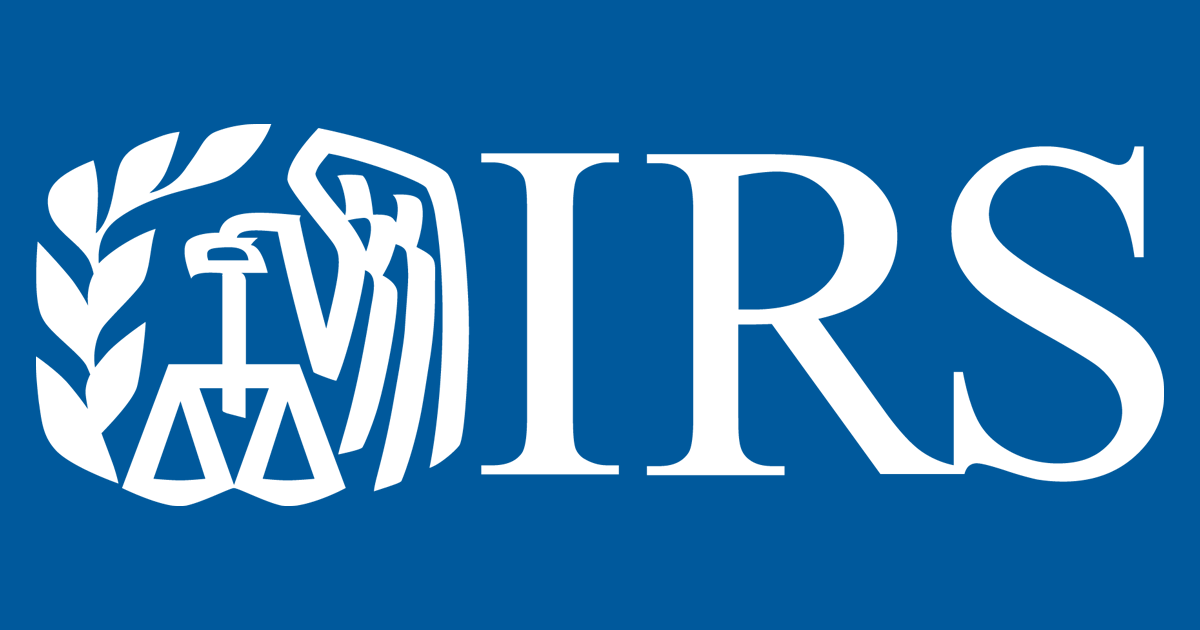5 Tips for Avoiding an IRS Audit
An IRS audit does not necessarily mean that there is anything wrong with your tax return. And, frankly, many folks report that they are not all that bad, generally, but there are still reasons to want to avoid an audit.

An IRS audit is simply a review or examination of your tax return in order for the IRS to verify your income and deductions.
Some audits are initiated when the IRS actually finds a problem in your individual or business tax return, others are the result of a statistical formula wherein the IRS automatically compares your tax return to a "norm" or standard.
How likely is an IRS Audit?
According to the IRS Data Book for the fiscal year, 2019, just 0.6 percent of individual tax returns were audited between tax years 2010 and 2018. And in January 2020, USA Today reported that audits had been conducted on just 0.45 percent of individual returns for the prior tax.
Businesses are a little more likely to be audited with 0.97 percent or just under one percent of corporations receiving a review, again, during the tax years of 2010 to 2018.
Some experts expect the audit rate to be even lower for the 2020 tax year because of all of the extra work the IRS had to do related to the pandemic and the various stimulus checks, etc.
Now, for the fiscal year of 2019, there were more than 700,000 audits, so while the percentage is small the number is fairly large.
Why avoid an IRS Audit?
An IRS audit does not necessarily mean that there is anything wrong with your tax return. And, frankly, many folks report that they are not all that band, generally, but there are still reasons to want to avoid an audit.
An audit will likely cost you some time, digging up receipts, etc. It will likely cost you more money. In the last couple of years, the IRS has collected more than $80 billion in additional revenue from audits, etc.
Finally, some IRS errors can be criminal. The IRS prosecuted more than 2,000 criminal cases in 2019, winning about 90 percent.
5 Tips for Avoiding an IRS Audit
Although the chances of an audit are low, there is no guarantee that you won't be audited in a given tax year, the good news is that since many audits are conducted based on an algorithm there are some things you can do to, perhaps, reduce the chances of an IRS audit.
- Report all of your income. The IRS gets copies of W2 forms and 1099 forms, so forgetting to report everything is a mistake.
- File on time. Not filling a tax return is a good way to get the IRS's attention. It is better to file on time, even if you need to set up payment arrangements.
- Don't overdo deductions. While you want to take all of the deductions you are allowed, listing lots of them, can be a red flag. For example, many experts suggest that deducting 100-percent of a vehicle for business use is a common audit trigger.
- File electronically. Whether you do your own taxes or use an accountant filing electronically reduces the number of errors significant. Recently, the error rate for IRS paper returns was at about 21 percent, while the error rate for electronic returns was half of one percent.
- Double-check your arithmetic. Although math errors don't always lead to a formal audit, they can trigger a review. Also, some tax experts believe that having too many round numbers can trigger an audit.
So there you have it. Five tips for avoiding an IRS tax audit. I hope you found this video useful and informative, and I hope you will take a moment to like, subscribe, and comment.
Resources
What even more information about the IRS and avoiding taxes? Here is a list of recommended resources —in no particular order.
- 22 IRS Audit Red Flags, from Kiplinger,
- 7 Reasons the IRS Will Audit You, from NerdWallet,
- Top 10 Ways to Avoid an IRS Audit, from Mark J. Kohler,
- 7 Ways to Avoid a Tax Audit, from The Motley Fool,
- 10 Ways to Avoid a Tax Audit, from LegalZoom,
- Top Five Ways to Avoid a Tax Audit, from Intuit TurboTax,
- Taxes 2020: These two groups of taxpayers face the highest audit rates, from USA Today,
- You’re Being Audited By The IRS – How Bad is It? from H&R Block,
- FY 2020 IRS Service Progress Update,
- 2019 IRS Data Book,
- IRS Audit Information for Small Businesses,
- IRS Compliance Presence.